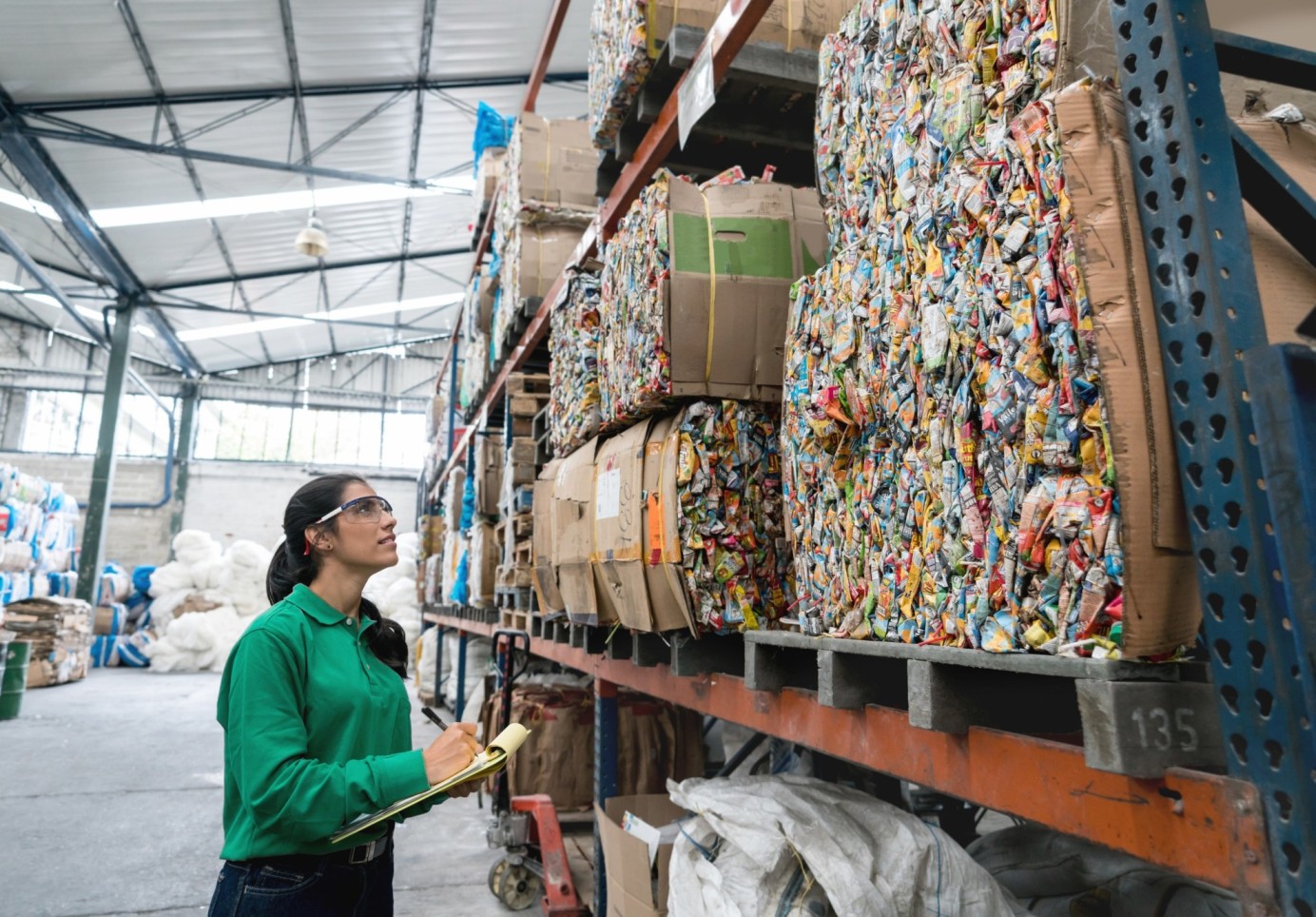SYDNEY, March 22, 2022 – Australia’s national science agency, CSIRO, will tackle Australia’s plastic pollution problem, pledging to help Australia reduce 80 percent of its plastic waste by the end of the decade.
An initial $50M will be invested into CSIRO’s Ending Plastic Waste Mission, to develop cutting-edge science and innovation to change the way Australia makes, uses, recycles, and disposes of plastics.
Plastic waste is a critical global challenge, and the Mission is looking to partner with countries that have the same shared vision of reducing plastic waste, with an initial focus on the Indo-Pacific region.
CSIRO and the Department of Foreign Affairs and Trade recently launched the Plastics Innovation Hub Indonesia with Indonesian innovators, investors, community leaders, government, industry, and researchers to address the plastics issue and develop solutions specific for Indonesia.
The Mission’s current partners and collaborators include Australian industry, government and universities, and several international organizations including the National Science Foundation, the University of Texas at Austin, and the U.S. Department of Energy’s BOTTLE Consortium.
With the global use of plastic expected to double by 2040, CSIRO’s Chief Executive Larry Marshall said the challenge was far bigger than any one institution or country.
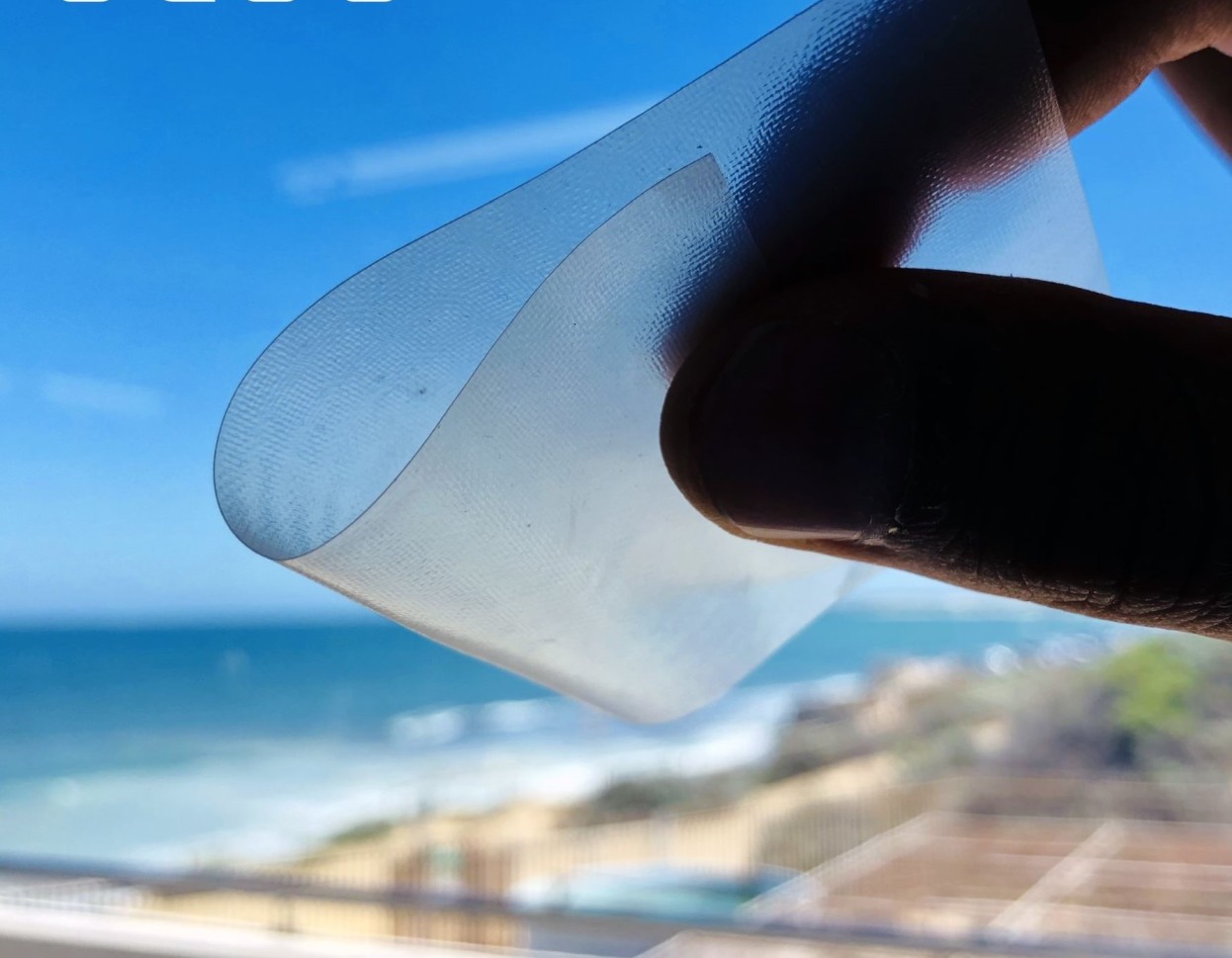
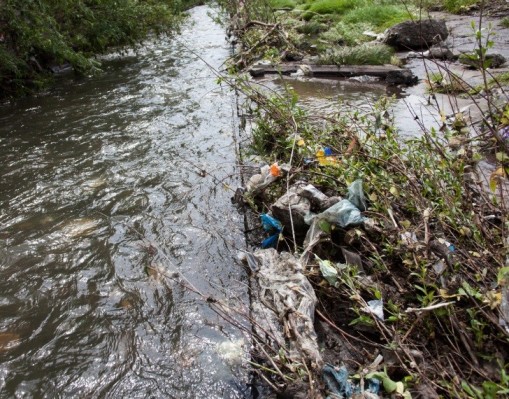
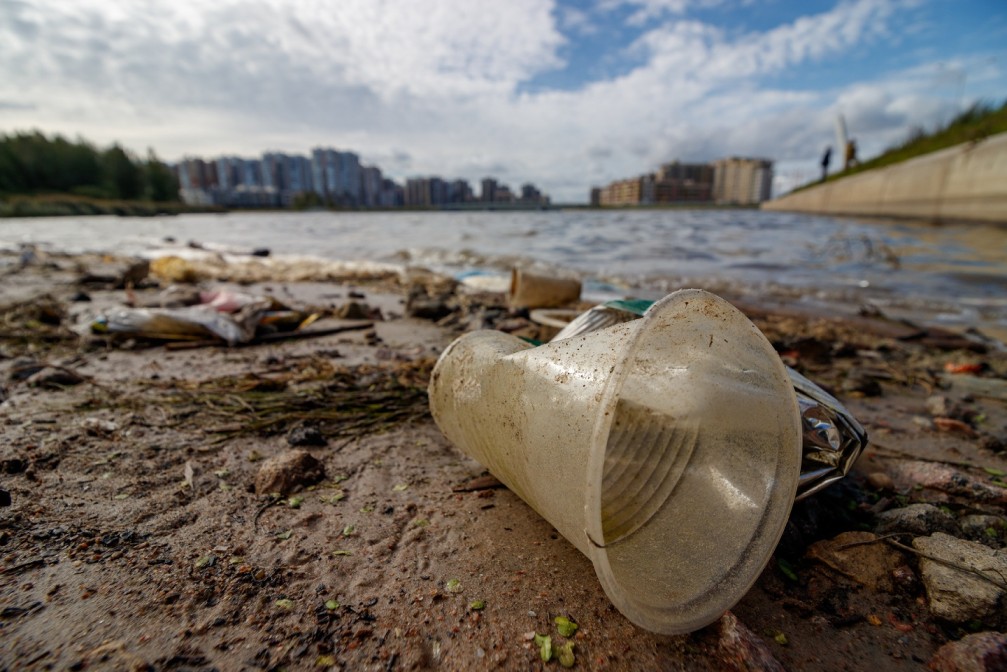
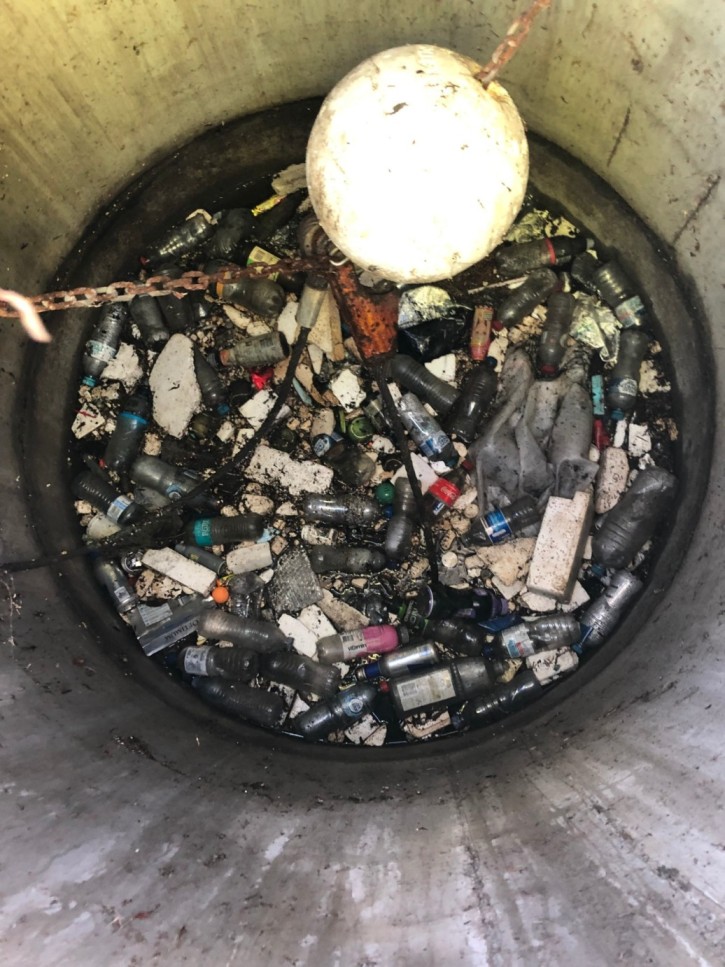
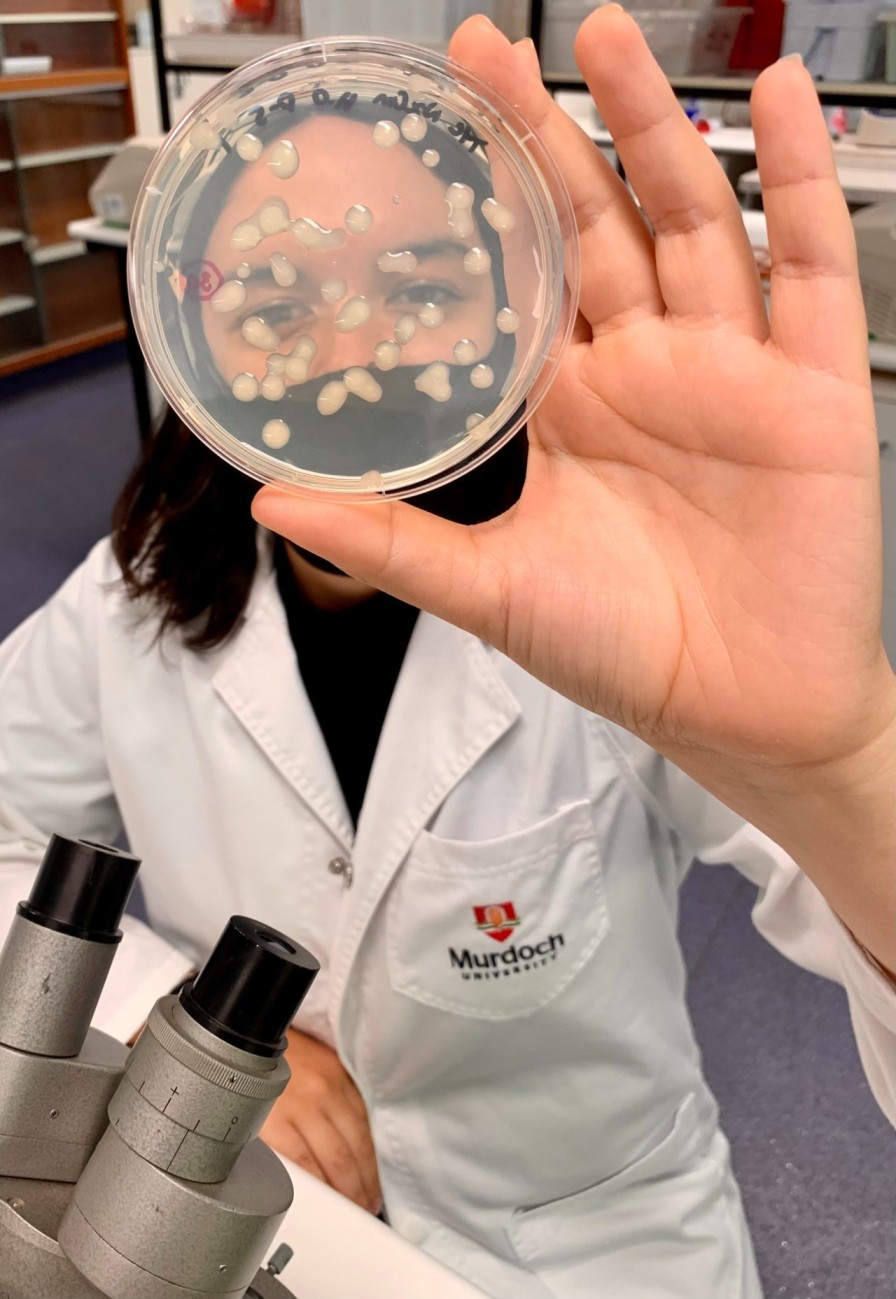
“The Ending Plastic Waste Mission will bring together the whole innovation system, to turn science into solutions that will benefit the environment and create economic opportunities for Australia and the globe,
“By working together, by aligning our efforts, and by pushing each other further for a common cause, we can tackle seemingly impossible challenges – like protecting our environment while making sustainability profitable for business. And we can achieve it faster.”
The plastic waste industry is valued globally at about $87 billion and developing circular economy plastic initiatives for recycling is expected to provide US$67 billion in value globally by 2025.
“By turning plastic waste into a renewable resource, the Mission will deliver collaborative scientific and manufacturing capabilities to drive new technologies across the entire plastics supply chain,” Dr Marshall said
Research under the mission includes:
- Changing the way we make, use, and recycle plastics
- Supporting a sustainable plastics circular economy
- Revolutionising packaging and waste systems.
CSIRO is Australia’s pre-eminent national science organization, accelerating innovation through global science. In 2021, CSIRO worked with 492 international collaborators from 70 countries.
SOURCE CSIRO, Australia’s National Science Agency

